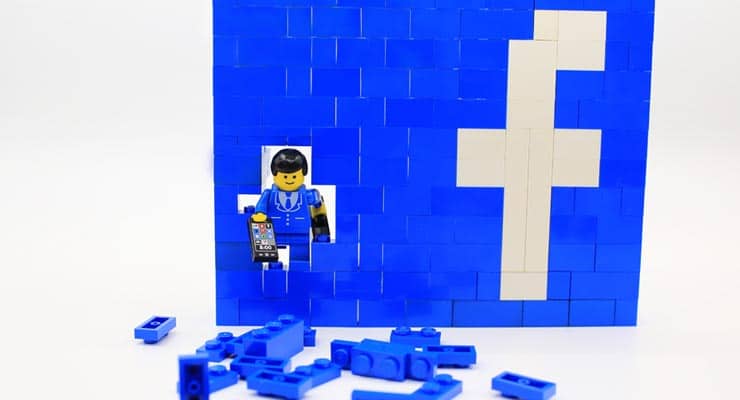Facebook message claims chain letters are rapidly spreading viruses
A Facebook message claims that Facebook chain letters are rapidly spreading viruses or are responsible for Facebook accounts getting hacked.
An example of the warning can be seen below –
Please stop!!!
I am asking all my Facebook friends not to send any more chain letters through Messenger or anywhere!
No flashing hearts or flowers telling me I need to send the message to 10 people, including me if I’m your friend, etc., or don’t make this one a friend…he/she’s a hacker. Many of these turn out to be rapidly spreading viruses. It is also how accounts are being hacked. Hope you understand.
Most People don’t realize most of these have viruses and can be harmful.
Thank you SO much.
Feel free to copy & paste – I did!!
Despite the good intentions of the above message, it’s not really accurate. While we would love nothing more than for Facebook users to stop passing on pointless or inaccurate “copy and paste” nonsense to their timelines, the assertion that these types of messages spread viruses or allow crooks to hack your account is misleading.
Sponsored Content. Continued below...
That’s because the vast majority of “copy & paste this message” posts a Facebook user is likely to encounter – be it a silly game, a hoax or a “slacktivist” plea to ‘raise awareness’ – will merely request the user copy & paste text to their status (or pass it on to another via Messenger.) And if this is the case, this isn’t something that can put a Facebook user’s account at risk. Copying and pasting text, or an image, won’t lead to a virus infection.
Even copy and paste messages that contain misinformation, such as the phantom hacker warnings, as annoying and unhelpful as they are, will not result in a virus infection.
This isn’t to say that “copy and paste” messages can’t be dangerous. If such a message contained a link to an external website, outside the realms of Facebook, then it is certainly within the realms of possibility that such a link could lead to a cyber threat, even malware. However “copy and paste” messages containing such links are rare – down to the fact that a user isn’t likely to willingly spread the message knowing the link leads to a suspicious destination.
Sponsored Content. Continued below...
The additional claim that “this is how accounts are being hacked” is misleading. For the most part, copying and pasting a message doesn’t put your account at risk of being hacked. There are rare exceptions to this rule. For example, if a copy and paste message requested you answer a series of questions regarding your personal information, this could be useful for an identity thief looking to pose as you online. In which case, avoid these types of copy and paste messages.
Ultimately, though, to compromise your Facebook account, a crook needs your password, and they’re not going to get it just because you passed on a Facebook chain message.
Yes, please stop passing on silly copy and paste messages. But stop because they’re pointless or inaccurate or fake. Not because you wrongly believe they are harbingers of computer malware.
For more information on this topic, we’ve previously covered it here.
Continued below...
Thanks for reading, we hope this article helped, but before you leave us for greener pastures, please help us out.
We're hoping to be totally ad-free by 2025 - after all, no one likes online adverts, and all they do is get in the way and slow everything down. But of course we still have fees and costs to pay, so please, please consider becoming a Facebook supporter! It costs only 0.99p (~$1.30) a month (you can stop at any time) and ensures we can still keep posting Cybersecurity themed content to help keep our communities safe and scam-free. You can subscribe here
Remember, we're active on social media - so follow us on Facebook, Bluesky, Instagram and X
